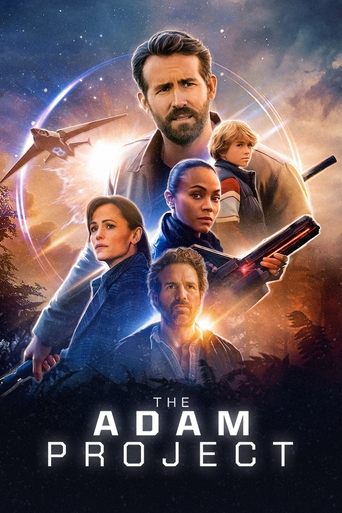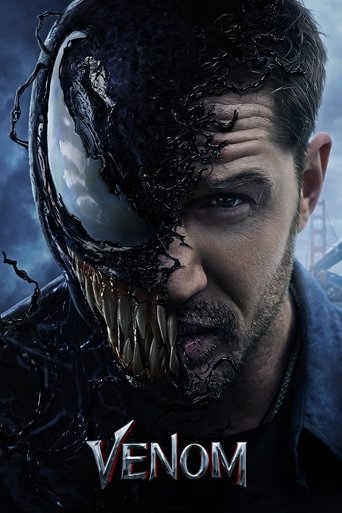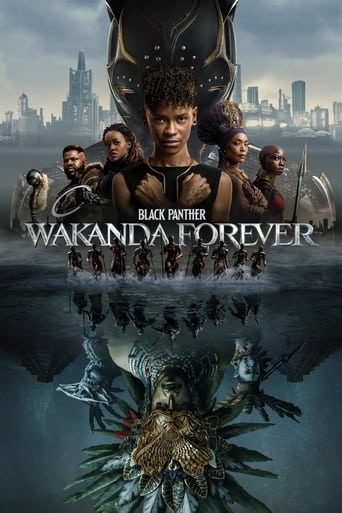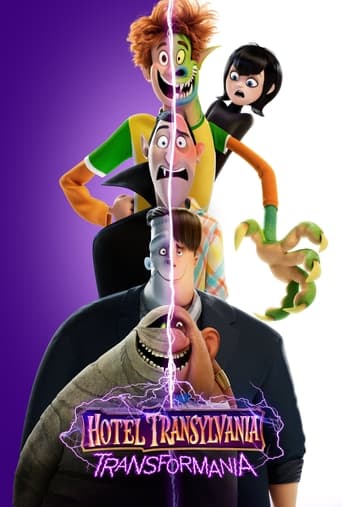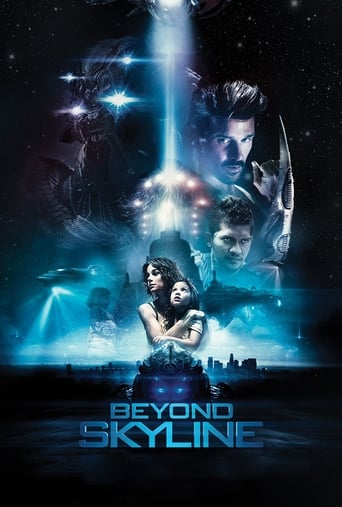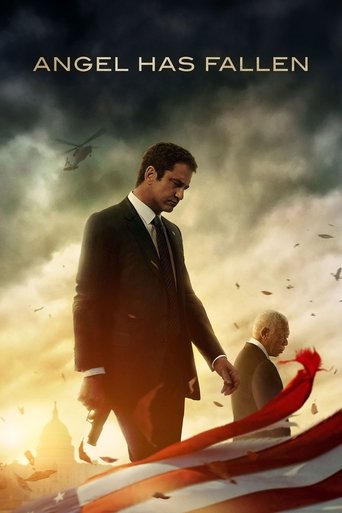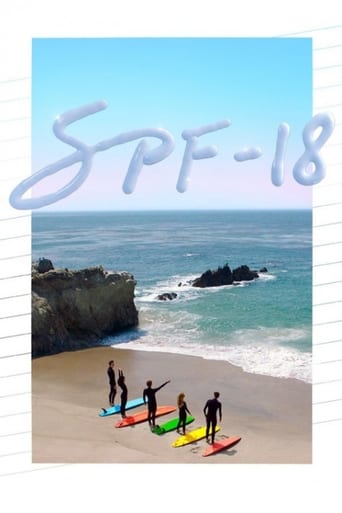
“Our modern technology has achieved a degree of sophistication beyond our wildest dreams. But this technology has exacted a pretty heavy price. We live in an age of anxiety, a time of stress. And with all our sophistication we are in fact, the victims of our own technological strength. We are the victims of shock … of future shock.” No, this isn’t a quote from a Huffington Post column on the Facebookization of modern communication. Nor is it pulled from an academic treatise on the phenomenologies of post-industrial existence. This statement was made by Orson Welles in the 1972 futurist documentary Future Shock, and, unlike some of the more dated elements of 1970s educational films, Future Shock remains shockingly current in verbalizing the concerns and anxieties that come along with rapid societal and technological change. (Indiana University Libraries Moving Image Archive)
| Title | Future Shock |
|---|---|
| Year | 1972 |
| Genre | Documentary |
| Country | United States of America |
| Studio | McGraw-Hill Films, Metromedia Producers Corporation |
| Cast | Orson Welles, James McGaugh, Alvin Toffler |
| Crew | Alexander Grasshoff (Director), Charles W. Fries (Executive Producer), Karl Schanzer (Associate Producer), Joe Wonder (Production Manager), David Newhouse (Editor), Alvin Toffler (Book) |
| Keyword | |
| Release | Feb 22, 1972 |
| Runtime | 43 minutes |
| Quality | HD |
| IMDb | 4.70 / 10 by 9 users |
| Popularity | 2 |
| Budget | 0 |
| Revenue | 0 |
| Language | English |
 Apple TV
Apple TV Google Play Movies
Google Play Movies Fandango At Home
Fandango At Home Netflix
Netflix Amazon Prime Video
Amazon Prime Video Amazon Video
Amazon Video MUBI
MUBI
